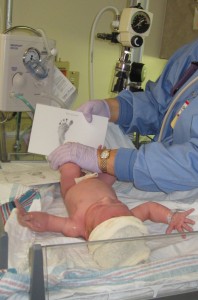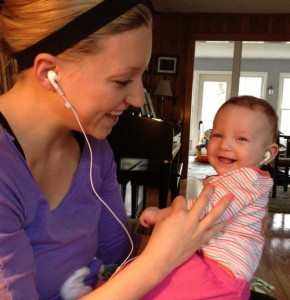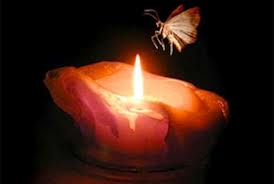The last time I traveled to England to visit Hans and his family, I worked hard preparing in advance. A month before the trip, I pulled out my biggest suitcase, balanced it on the arms of my bedroom chair, and propped it open. Each time I thought of something I wanted to take, I’d put it in the suitcase.
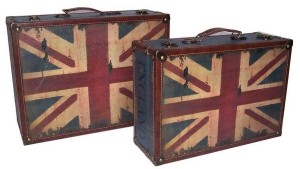 The night before departure, my big suitcase was full, as was a second one on the floor. But as I went down a mental checklist to be sure I had everything, I couldn’t remember what was in the bags. Had I packed my walking shoes? What about a Sunday outfit? An umbrella? My gifts for the grandchildren?
The night before departure, my big suitcase was full, as was a second one on the floor. But as I went down a mental checklist to be sure I had everything, I couldn’t remember what was in the bags. Had I packed my walking shoes? What about a Sunday outfit? An umbrella? My gifts for the grandchildren?
The only thing to do was unpack. I emptied both suitcases, spreading everything on the bed, and started over. Good thing, because half of what I’d packed was unnecessary, and several important things were missing.
 Today I’m writing from England, where I’ve joined Hans and his family of six for 11 lively days of work and play. This time I waited to pack until the night before. It was a good plan and worked well, a lesson learned from my mistake.
Today I’m writing from England, where I’ve joined Hans and his family of six for 11 lively days of work and play. This time I waited to pack until the night before. It was a good plan and worked well, a lesson learned from my mistake.
Several years ago when I came, I packed poorly for a different reason. It was the middle of October, and at packing time we were having a heat wave in Michigan. Without thinking, I packed according to the hot weather in my neighborhood without a thought to the cool October of north England.
When I got there, my bad packing was evident. I’d forgotten warm socks, long sleeves, and a cozy coat. After that goose-bump visit, I learned from that mistake, too.
Scripture is full of stories about people learning from their mistakes, most of them far more serious than badly packed suitcases. They resulted in ruined careers, destroyed marriages, divisions in families, damaged businesses, curses from God, and even deaths. The sad part is that people didn’t always learn from their mistakes.
That’s true of us, too. Whether we do or don’t learn from them is up to us. But because God want us to gain wisdom from wrongdoing, he often forces the issue by letting us push our way into additional messes. If we don’t learn the wisdom-lesson the first time through, we can be sure he’ll provide another run at it.
Every mistake is a let-down, but it’s also an opportunity.
If we put our lives in God’s hands, he can bring good not just from our positive actions but also from our negative ones. That’s just how he chooses to do things, always thinking of our best good.
As for packing for England this time? I finally got it right.
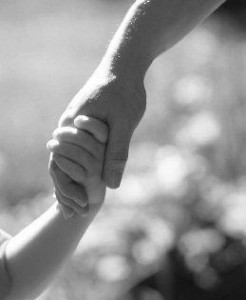 “Stalwart walks in step with God; his path blazed by God, he’s happy. If he stumbles, he’s not down for long; God has a grip on his hand.” (Psalm 37:23-24 The Message)
“Stalwart walks in step with God; his path blazed by God, he’s happy. If he stumbles, he’s not down for long; God has a grip on his hand.” (Psalm 37:23-24 The Message)

